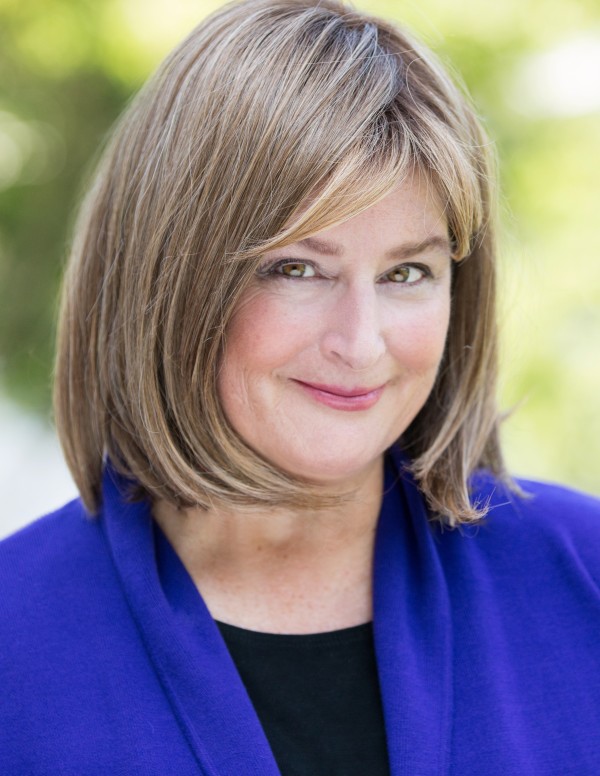“My happiness is on me; so you’re off the hook.” – Esther Hicks
Many people I interviewed for my new book told me they thought it was “selfish” to be happy. “I can’t just gallivant off and do what I want. I’ve got a lot of people counting on me.”
Do you feel that way? Do you take care of everyone else’s needs before even thinking about your own? Do you feel that’s noble, the right thing, the responsible thing, to do?
What if it wasn’t?
I had an experience on my Year by the Water that opened my eyes to the downside of this “put everyone else first” default. It happened the day I was scheduled to take California’s spectacularly scenic Pacific Coast Highway 1 from Monterey to Morro Bay.
Have you driven it before? If so, you’re familiar with this narrow, winding road’s dozens of switchbacks. In the day, you can see what’s ahead and adapt accordingly. But I got a late start and didn’t get there until dusk. Big mistake.
I didn’t even think about it until the sun went down and it got dark. And when I say dark, I mean really, really dark. No moon. No streetlights. Nothing.
What made it worse was the road kept disappearing out from underneath my headlights so I had no idea what was coming next. Hairpin turn to the left? To the Right? My brain was sloshing back and forth in my skull and I completely lost my equilibrium.
Suddenly, a truck zoomed up behind me and flashed its brights. I did what I’d been taught to do growing up in a small mountain valley. I pulled over to let him go ahead.
The problem was, the pull-out was gravel and shorter than anticipated. My car started sliding and the harder I braked, the more I slid. I finally came to a stop a few feet from the cliff’s edge.
I sat there and shook. The truck was long gone. It was just me, the deserted road, (and I know this sounds dramatic but it’s true), my realization that my lifelong default of putting other people first had just about cost me my life.
If you’re a parent, caregiver, teacher, leader or businss owner, you may feel taking care of everyone else’s needs before your own is your job.The question is, at what cost?
Putting others first and yourself last causes you to lose your equilibrium. It puts your well-being at risk. It is an extreme and any extreme is unhealthy. What’s worse, it sets a dangerous precedent by teaching people that what you want doesn’t matter, what you need doesn’t count.
Is that what you want to teach? Is martyrdom the model you want to pass along?
That close call on Hwy 1 made me wonder, “Why do I do this? Where did I learn it?”
Well, as with many things, it started at home. My mom was a model of unconditional love. She was also sick the last twenty years of her life, dealing with the effects of Multiple Sclerosis (which was later discovered to have been a misdiagnosed brain tumor.)
My mom was in pain almost every day. If I put my hand anywhere near her neck, I could feel the pain waves vibrating off it. Yet, she didn’t want to be “a burden” so she soldiered on. I would ask, “Can I help with dinner, Mom? Want me to do the dishes?”
She would say, “No thanks, hon, I’ve got it.”
She rarely, if ever, talked about her illness because she didn’t want to be a “complainer.” She always wanted to know what was going on with our lives and never shared what was going on in hers. She didn’t asked for anything for herself. If we offered, she usually demurred, not wanting to “put us out.”
My mom did what she thought was the right thing, the selfless thing, at great personal cost. What we learned from her example though was probably not what she intended.
Yes, we received her unconditional love, and I will always be grateful for that.
We also learned to be “strong,” to not share our pain, to not ask for or accept help, to not be a “burden.” We learned that putting other people’s happiness first, and not thinking of our own, was the noble thing to do.
Serving others IS noble. And it’s even more noble when we balance it with serving ourselves. That’s what we want to model – that adults take care of themselves while taking care of others. This isn’t mutually exclusive. It’s not one or the other. It’s both.
How about you? Are you running on empty? Exhaustion is a tangible sign of martrydom. It is an indication you’re not enforcing your boundaries – or that you don’t have boundaries.
Next time you’re about to take yourself out of the equation, ask yourself these 6 “Am I Being Selfish or Am I Being Smart?” questions.
Am I putting this person’s needs first and not even considering my own?
2. Am I sacrificing what I want to give this person what s/he wants?
3. Is this a one-time exception to the rule – or is this an ongoing pattern?
4. How will doing this impact me in the moment and over the long term?
5. Is there a way I can serve this person and myself at the same time?
6. Am I over-giving or am I taking responsibility for my own health and happiness?
Jack Kornfield said, “If your compassion does not include yourself, it is incomplete.”
Oscar Wilde said, “Selfishness is not living as one wishes to live, it is asking others to live as one wishes to live.”
Please understand, including yourself in your own story isn’t selfish, it’s smart.
Taking responsibility for your own health and happiness isn’t indulgent, it’s inspiring.
It sets a powerful and positive precedent that gives loved ones permission to do the same.
Please note: I’m not suggesting we walk away from our responsibilities, think only of ourselves, do only what we want.
I’m suggesting we strike a better balance between selflessness and selfishness.
I’d love to hear YOUR experiences and insights about whether it’s selfish to be happy. Tell all.
– – –
Sam Horn, Founder/CEO of the Intrigue Agency and TEDx speaker, is on a mission to help people create a quality life-work that adds value for all involved. Her work has been featured on NPR and in NY Times, and presented to Intel, NASA, Boeing, YPO, Cisco, Nationwide. This is excerpted from her new book SOMEDAY is Not a Day in the Week.


 Sam Horn is the Intrigue Expert, a world-renowned Author, Keynote Speaker and communications strategist who has coached the world’s top entrepreneurs and executives.
Sam Horn is the Intrigue Expert, a world-renowned Author, Keynote Speaker and communications strategist who has coached the world’s top entrepreneurs and executives.